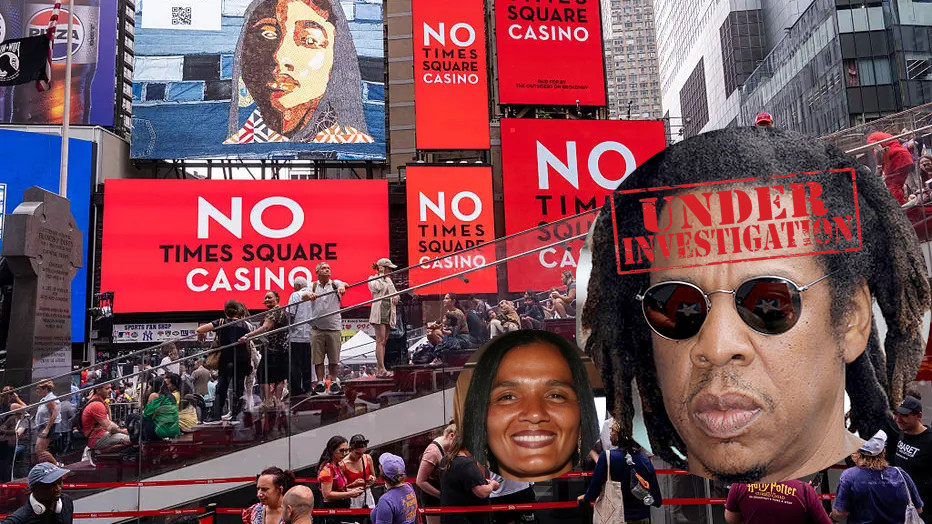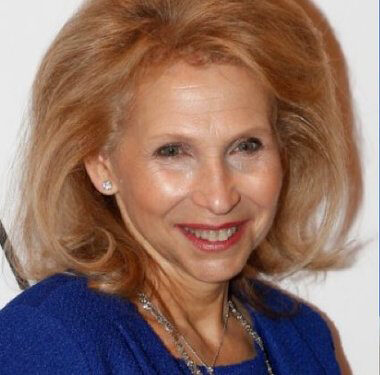Dear Mel Gibson and Denzel Washington,
As I pen this letter from Malibu, California, I find it necessary to confront you both directly about your quiet complicity in a culture that has perpetuated harm for far too long. You were present in pivotal moments in Hollywood—Anaheim in 1999 and Rancho Vista in 2006. You knew the faces involved. You were witness to crimes committed by predators masquerading as industry leaders, including Spielberg, Geffen, Weinstein, Epstein, and others.
In those critical times, when powerful figures like Anthony Pellicano and Tom Girardi were orchestrating cover-ups, you watched as the victims—innocent children and adults—were left to suffer while the Hollywood machine continued its relentless grind, harming lives without consequence. The sinister networks that involved even law enforcement, like the FBI’s Don Alway, must have made it clear that asserting the truth came with risks.
And yet, as the years have dragged on, your silence has been deafening. What held you back for two decades? Was it fear of repercussions, or were personal interests prioritized over the cries for justice from victims?
Now, as whispers of truth begin to surface, I urge you to abandon vague statements and half-hearted support disguised as activism. It’s too late for pleasantries and performative allyship. If you truly wish to empower victims, you must take a stand—boldly and directly naming those responsible for this web of abuse. Anything less is a disservice to those who have suffered.
Consider this a wake-up call: Your words and mistimed empathy cannot simply become another incident like that of Corey Feldman—using a platform for personal gain rather than actual accountability. If your earlier silence allowed this culture to flourish, it’s time to use your voices as instruments of change.
The question now stands before you: Are you prepared to become agents of justice or merely characters in a tragic drama? Your next steps are crucial.
Sincerely,
Alki David
Malibu, California
P.S. The time for silence has passed. The victims cannot afford to wait any longer for accountability.
As I pen this letter from Malibu, California, I find it necessary to confront you both directly about your quiet complicity in a culture that has perpetuated harm for far too long. You were present in pivotal moments in Hollywood—Anaheim in 1999 and Rancho Vista in 2006. You knew the faces involved. You were witness to crimes committed by predators masquerading as industry leaders, including Spielberg, Geffen, Weinstein, Epstein, and others.
In those critical times, when powerful figures like Anthony Pellicano and Tom Girardi were orchestrating cover-ups, you watched as the victims—innocent children and adults—were left to suffer while the Hollywood machine continued its relentless grind, harming lives without consequence. The sinister networks that involved even law enforcement, like the FBI’s Don Alway, must have made it clear that asserting the truth came with risks.
And yet, as the years have dragged on, your silence has been deafening. What held you back for two decades? Was it fear of repercussions, or were personal interests prioritized over the cries for justice from victims?
Now, as whispers of truth begin to surface, I urge you to abandon vague statements and half-hearted support disguised as activism. It’s too late for pleasantries and performative allyship. If you truly wish to empower victims, you must take a stand—boldly and directly naming those responsible for this web of abuse. Anything less is a disservice to those who have suffered.
Consider this a wake-up call: Your words and mistimed empathy cannot simply become another incident like that of Corey Feldman—using a platform for personal gain rather than actual accountability. If your earlier silence allowed this culture to flourish, it’s time to use your voices as instruments of change.
The question now stands before you: Are you prepared to become agents of justice or merely characters in a tragic drama? Your next steps are crucial.
Sincerely,
Alki David
Malibu, California
P.S. The time for silence has passed. The victims cannot afford to wait any longer for accountability.


















